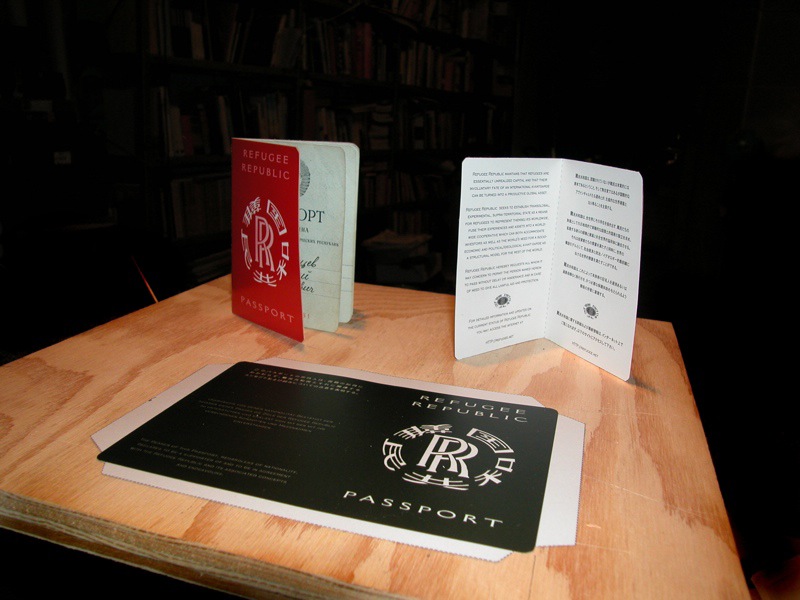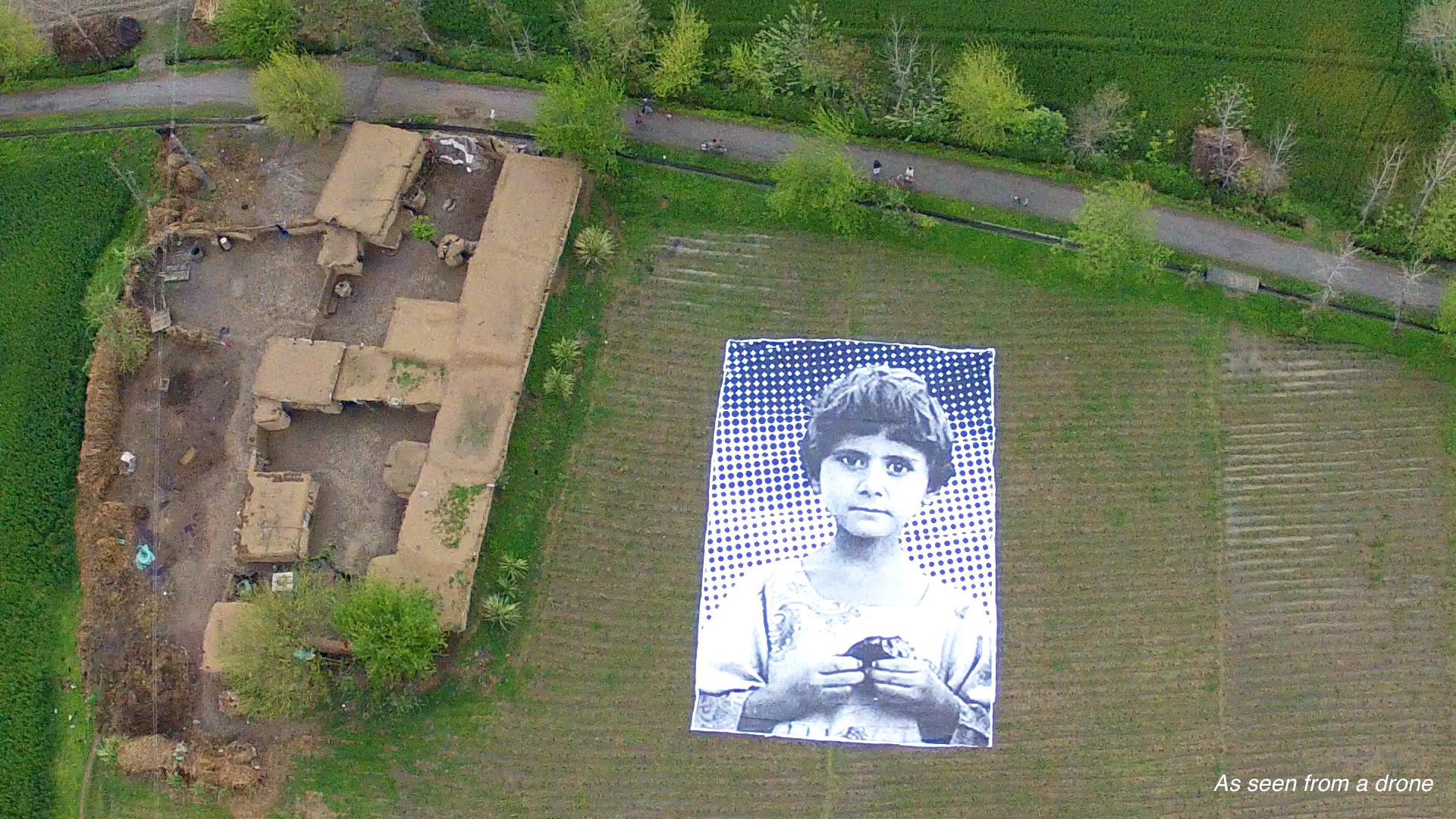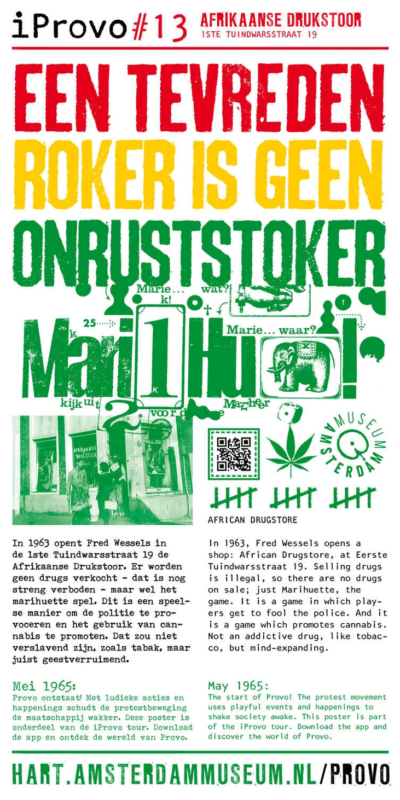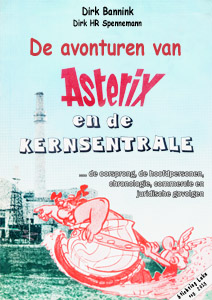Door: Ingo Günther.
“Refugee Republic emerged in 1993, at a time when the vast majority of people had not even heard about the Internet. … The turbo-capitalist driven globalization also created a refugee wave of unknown proportions and extreme diversity. After visiting refugee camps in China and Indochina as a self-styled reporter for one of the main German daily papers (in itself a proud but perhaps equally dubious achievement at that time) I realized that I was not writing an in-depth 30 page piece for the New Yorker magazine. My report got chopped into meaningless reinforcements of stereotypes at the expense of the real story. … At least I figured that I had understood something that the vast majority of the players in the refugee industry (including refugees themselves) had not. And something had to be done about that.
The ambiguous and anonymous format of the website that was created to establish the idea of the Refugee Republic lead to some unwanted attention from copyright lawyers, UN administrators and lawyers) and developers. In my first work using Photoshop, I corrupted the Rolls-Royce logo – or rather – appropriated it. … The UN High Commissioner for Refugees is one of the better functioningagencies of the UN. However, even in 1995, they did not have so much as a website. When I built my website for the Refugee Republic I included a lot of supporting data and material from the UNHCR. And – I figured that since the UNHCR.ORG domain was not registered – I should create a gateway to refugee.net, the name that I had chosen to host Refugee Republic. After all, my site was the first one dedicated to refugee issues. Eventually UNHCR took notice and panicked: even before I received a toothless cease-and-desist letter from Geneva, an article in the Economist took issue with what some UN bureaucrat in Geneva thought was a scandalous exploitation of weak domain name regulation. Before the next issue of the Economist was out I had managed to put UNHCR.ORG back into the pool of available domains. It took a lot of calling and writing, but I got it done. There the domains sat for close to a year – unclaimed. Eventually I registered it again and set up a dedicated site for it pointing to an obscure URL at the UN server that at that time was not even called UN.ORG but UNICC.ORG/Gatekeeper/agencies/temp/refugees. In the meantime I got a few calls from some people at UNHCR who wanted to hire me to pool resources and do their website. I felt much better – but respectfully declined. Eventually UNHCR established their own site in Switzerland (where UNHCR is headquartered) and right on the main page you could read “We are not Refugee Republic. We do not have any connection with Refugee Republic”. Ahh – those lawyers… And then there was this developer from Hawaii. He thought the idea was just brilliant. Would I cooperate with him and send some 20,000 refugees to a pristine island in the middle of the Pacific? He had a document from the former King of the Marshall Islands that gave him title over the island. He just needed a population. Soon, he could be not only owner of an island but perhaps head of state. He would not only be able to print his own postal stamps but also his own money! He thought refugees were true capital or bargaining chip at least. He was ready to use them. I was not, even if I would have had 20,000 refugees at hand – which I did not.
I do believe that I sold him a few symbolic shares in the company though which expired a year later. It had been wildly entertaining to visit that elderly gentleman in Waikiki.
I also learned that a significant amount of Japanese think that they are a special type of individual refugee inside their own country.
After 20 years,the website and the project itself has pretty much made itself unnecessary. I am glad that I could funnel all offers for donations and investments to organizations such as US Committee on Refugees (now USCRI) and other NGOs – including UNHCR. And, even better, one of the core ideas – to offer communication to refugees just as much as food and shelter – has been absorbed into the standard manual. Examples include the dedicated radio stations that Internews has set up for refugee camps in Darfur and elsewhere.
As one of the first projects of this type and scope it was rife with plenty of novel ideas and perspectives. As such, it has been copied and replicated and stolen by many in the art world – and even better – the real world. For that, I am thankful. And, of course,as I hoped, for the project to be successful, a real Refugee Republic would not emerge.”
Aldus Ingo Gunther.




